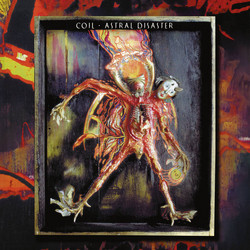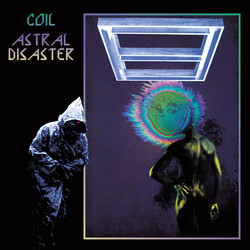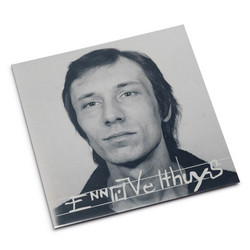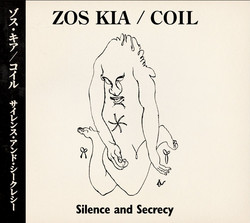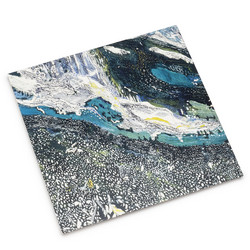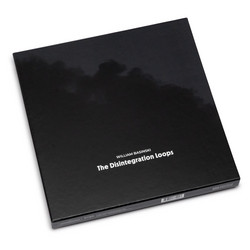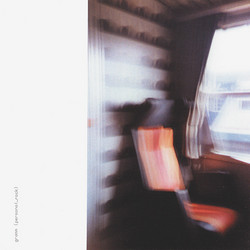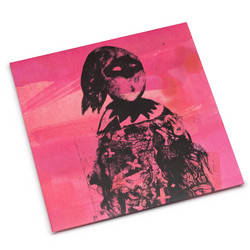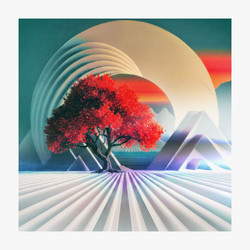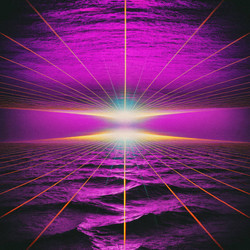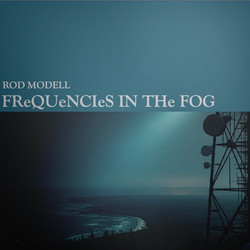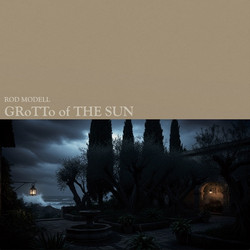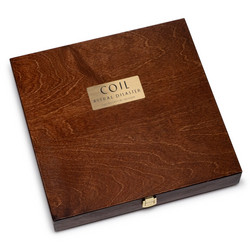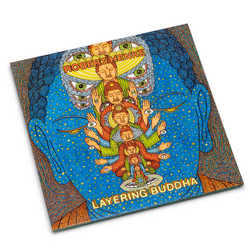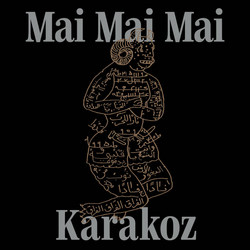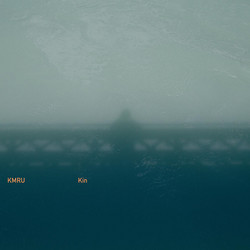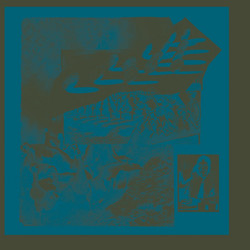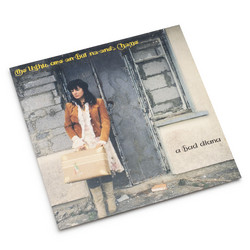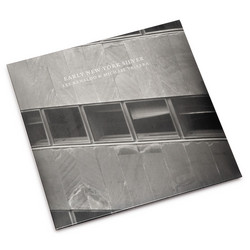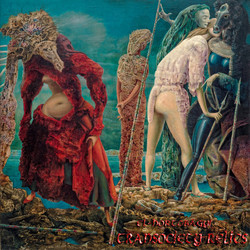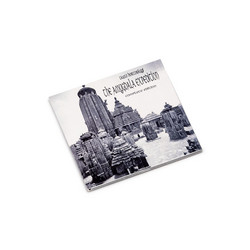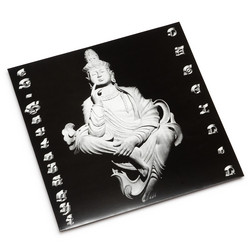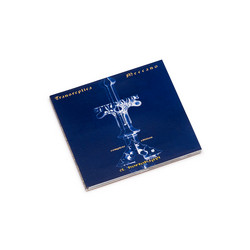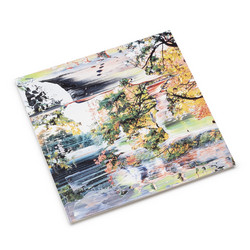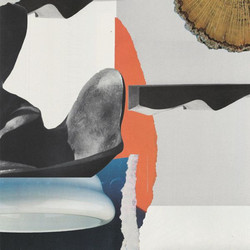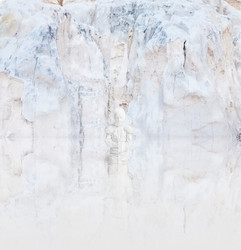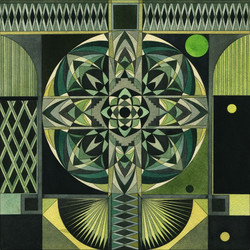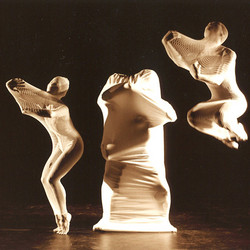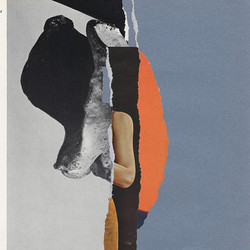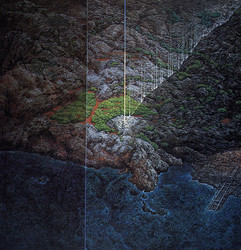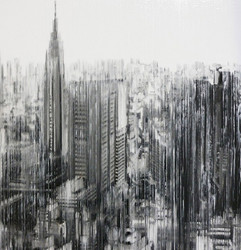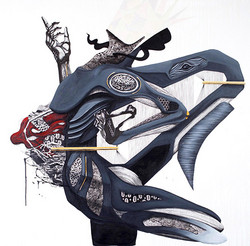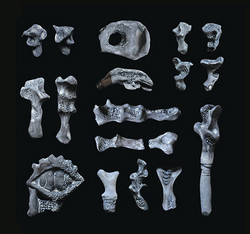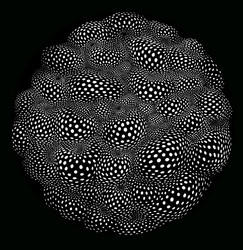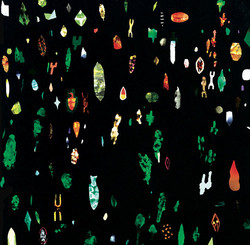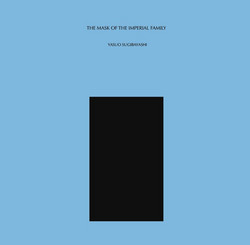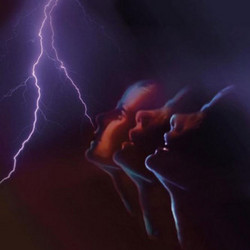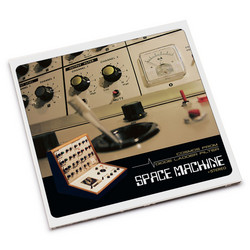Laszlo Hortobagyi
Transreplica Meccano (LP)
Hungarian composer and musicologist László Hortobágyi, took his first expedition to North India in the late 1960's to record music, study philosophy and learn traditional instruments such as the rudra-vina, sitar, surbahar and tabla. These ongoing trips heavily influenced his musical style and much of his recorded work. LFI is happy to announce the reincarnation of one of his most illustrious works, Transreplica Meccano originally released by Hungaropop in 1988.
As a child László fantasised about interacting with otherworldly muses and imploring them for the hope and guidance he yearned to escape the intellectual bareness of his surroundings. His early feelings of alienation combined with the almost sensual pleasure he remembers from these interactions, influenced and helped shape his life long musical journey. In 1980 he established the musical society called Gáyan Uttejak Mandal. It was named after the Hindu-Moslem musician's society founded by Navraojí Kabrají in 1870 (it was the school of the great musicologist, V.N Bhátkhánde).
The society expanded throughout the 1980’s with an archive of oriental music, to be considered unique and unrivalled in Eastern Europe, which has operated parallel to the Gáyan Uttejak Studio and the Gáyan Uttejak Orchestra. The members have made it their duty to practice and study the world heritage of traditional cultures.
The remastered and revised edition of Transreplica Meccano is reborn after 31 years. László weaves a tapestry of sample based magic, transcribed from travels across the orient, transporting the listener to a fascinating world of archaic musicality. His sound palette is rebuilt and restructured using PCM morphology and FFT spectrum analysis as well as virtual overtone processing synthesis software he developed in 1988. The new live program's repertoire is also based on the classical Indian instrumental technique of the Gáyaki-Ang and the Tablá-tárang polyrhythmic structure, and is mixed with his developed sound morphology of the granular systhesis technique according to his original 'computed memesis of music' concept. The result is an incredible amalgamation of musical worlds, allow yourself to be immersed in a truly unique dialect.
